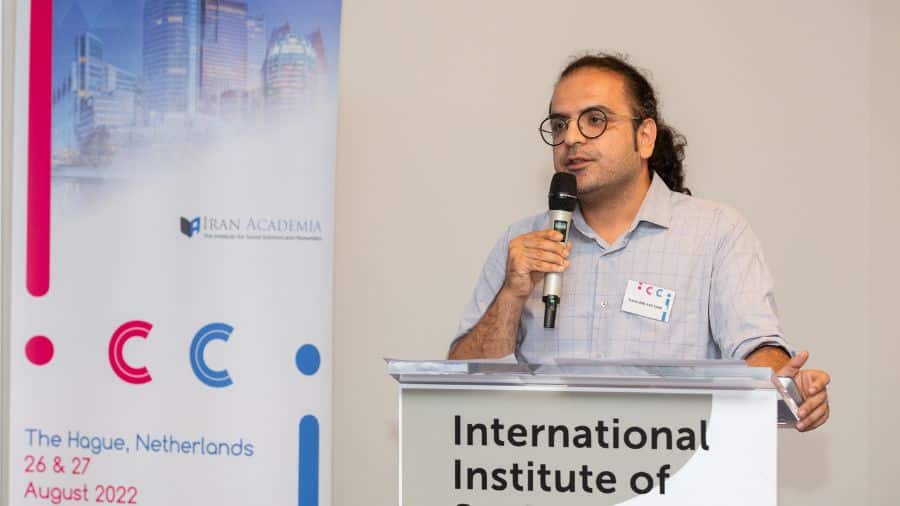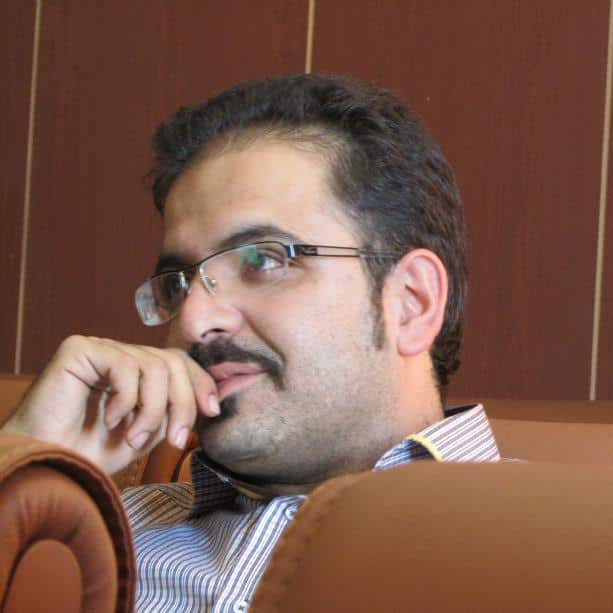Recent statistics indicate that the inflation rate in Iran has increased significantly since 2017, which has resulted in several negative consequences for the Iranian population. A combination of changes in lifestyles, consumption patterns, and economic and cultural capital has resulted in an increase in financial vulnerability among the urban middle class. As a consequence, the middle class may collapse and a new urban poor may emerge. For the purpose of exploring this idea and analyzing the changes in the lifestyles of urban middle-class families, Pierre Bourdieu’s class analysis has been chosen to establish a link between lifestyle and class. Through qualitative research and grounded theory, the factors contributing to the collapse of the urban middle class and the emergence of the new urban poor have been identified. The collapse of the middle class has been attributed to a combination of unemployment, changes in employment conditions (part-time jobs, salary cuts, precarious employment, etc.), and the loss of economic and cultural capital. In the absence of effective legal protection and reduced government support, employers are able to alter working conditions and increase unemployment rates. A lack of financial resources in times of crisis (such as the cost of medical treatment, the purchase of essentials, rising rents, etc.) erodes people’s social and cultural capital, resulting in their loss of status. Because of economic sanctions, Iranian economies are experiencing structural crises and investment risks, which both contribute to unemployment and a decline in economic and cultural capital. The final focus of this paper is to discuss and analyze the consequences of the decline of the urban middle class. These include changes in lifestyle, poor housing, migration to the suburbs, expropriation of the masses, and marginalization of the workforce. Nonetheless, we acknowledge that, given the qualitative nature of this study, the limited number of interviewees, and the narrow scope of the study (e.g. Tehran city), more thorough and comprehensive research is required to generalize the findings.
This speech is part of the following panel:
سخنرانی هادی میری آشتیانی



